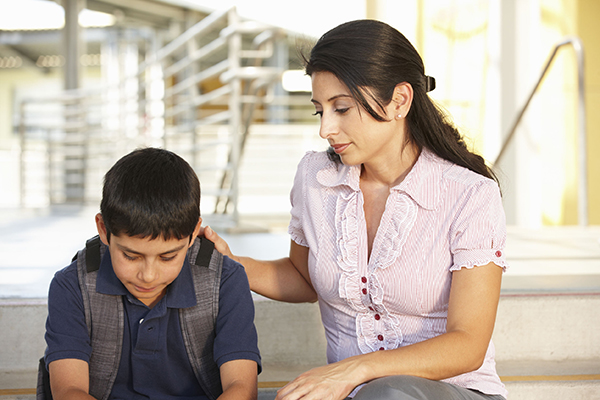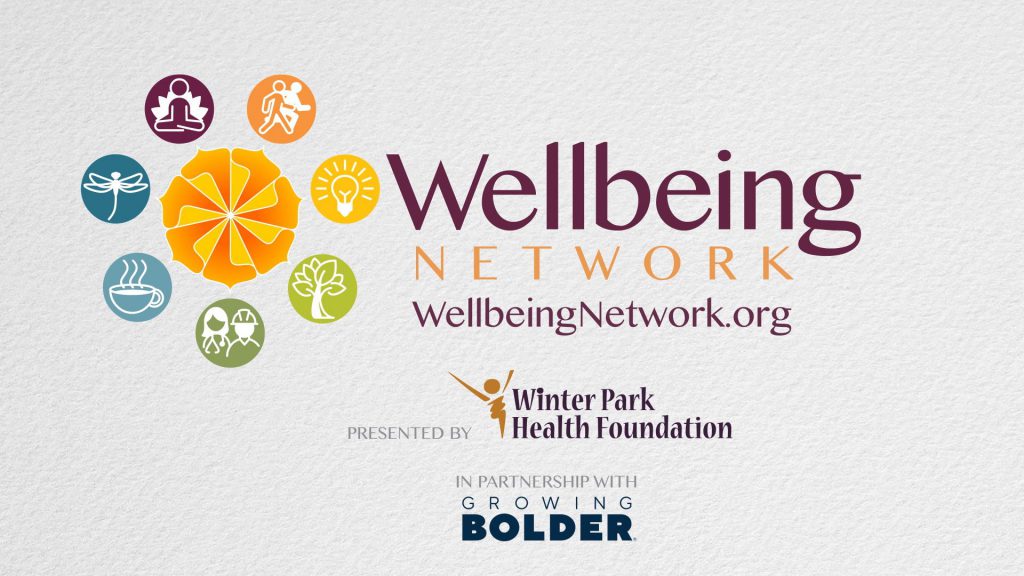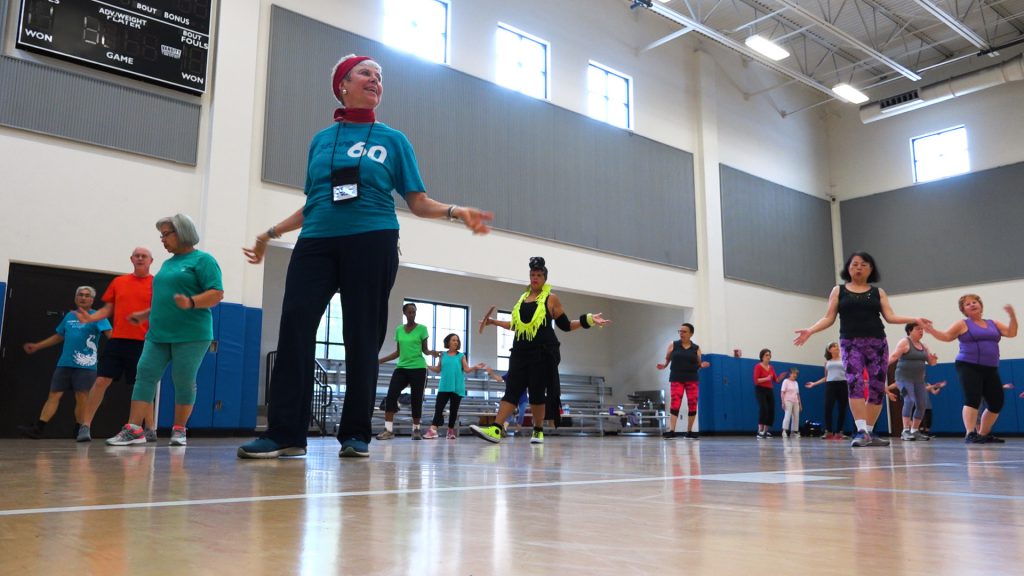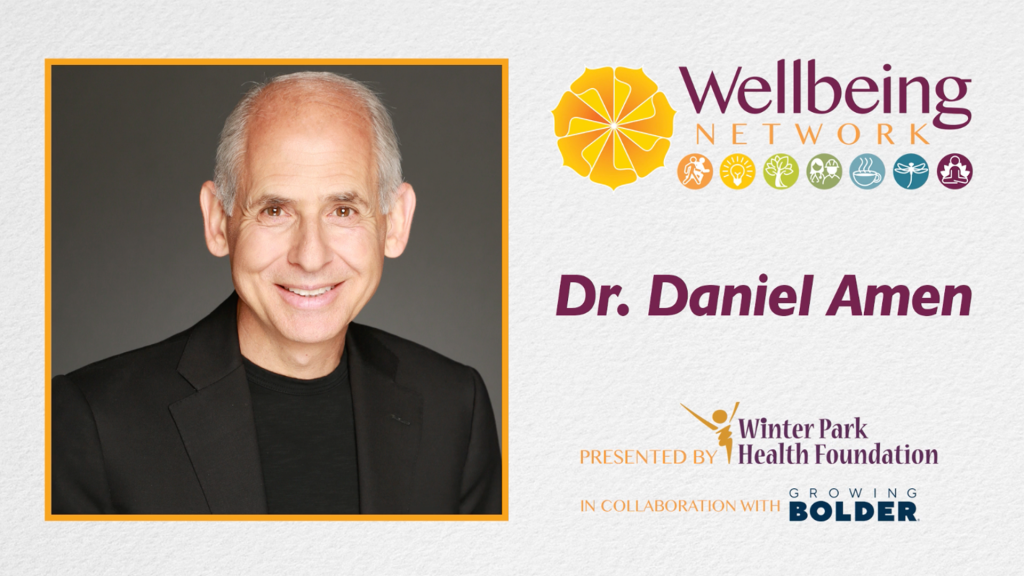BLOG – Why It’s Important to Be Honest with Children about Death
Posted April 30, 2020 | By lkist


Why It’s Important to Be Honest with
Children about Death
“We need to do a CT scan to see if she needs emergency brain surgery. If she does, we are required to inform you that the procedure could be fatal,” I sat swinging my legs back and forth reading a chapter book on the exam table as the woman in the long white coat talks to my parents.
As she spoke, my parents’ faces flooded with terror. I didn’t understand why, but even as a kindergartener, I knew it had something to do with the word ‘fatal.’ I remember asking my mom what ‘fatal’ meant, but don’t remember what she said.
When I was in kindergarten, I accidentally ran into a door frame causing my head to swell. ER doctors were concerned that I had fractured my skull, causing the bone to depress on my brain. Fortunately, after testing, I was released from the hospital having only suffered a severe concussion. The scar the accident left above my eye was nothing compared to the imprint left on my brain. I remember ruminating on the word ‘fatal’ as I continued to grow up, processing and reprocessing the memory well into adulthood.
What strikes me today, is that at age five, I had an understanding of death, though no one I knew had ever died. I intuitively knew that the word ‘fatal’ meant something really, really bad. My parents’ non-verbal cues spoke loudly as I sat swinging my legs back and forth. On the outside, I looked like a five-year-old, but internally I started to panic the moment my parents’ faces shifted. In that moment I needed to make sense of my parents’ reactions so my tiny frame could relax.
Our brains are wired from birth to attune to the faces around us. Attunement means to be aware of the emotions of others and to tend to them—it’s why a baby will mimic a parent’s facial expression. Attunement explains why reading my parents’ faces told me something was wrong, though I had never heard the word ‘fatal’. While a child may not process death like an adult, research guarantees that their brains, no matter how old, will try to make sense of the world around them.
Children are highly aware of the emotions expressed by those around them and are equipped with brains that try to understand them. This is especially true when children encounter something foreign, like grief or death. If a child cannot make sense of their world, it often leads to ruminating on that specific memory because memories cannot properly store in a brain that has no category for them. Ruminating can lead to symptoms like anxious behaviors, phobias, repetitive behaviors, and ritualistic thinking.
As adults, it is not our job to hide emotions. It’s completely natural and healthy to express grief when someone we love dies or experience fear when someone we love could die. It is, however, our job to teach children, so they can grow up with a healthy understanding of emotion. This is why it is so important to talk to children about death in words that they can understand. When an adult can remain calm and explain death to a child, that child can develop a place in their brain to make sense of the myriad of emotions they feel or witness in others when someone dies.
When adults demonstrate that they aren’t afraid to talk about death, a child can attune to their caregiver’s face and know that, even though something scary like death exists in this world, they are safe and loved. The child’s brain responds and their inner world relaxes. The child is then able to store the memory without needing to ruminate.
Talking about death can be hard, especially if you’re currently grieving the loss of someone you love. However, help is always available, and no person should ever have to navigate this world alone. If your family has recently experienced loss, or if you feel overwhelmed by the thought of talking about death to a child, you can reach out to a trained mental health professional who can work with you to develop age appropriate language to speak about death. Therapists can also provide a safe space for you to grieve so that you can be more present for your child and their needs. If you desire support like this amidst the COVID-19 crisis, our blog post provides resources for telehealth counseling in the Orlando area.
About the Author: Devan Grayson works as a Registered Mental Health Counselor Intern with the CHILL Program and is passionate about contemplating the beauty of this world as she finds it in her own story and in the lives of others. She is continually struck by the specific beauty woven into the seemingly ragged details of our lives. She counts it a privilege to wonder with clients about their own stories. She loves good conversations, the arts, being active, and large cups of tea.
Supported by the Winter Park Health Foundation, CHILL— Community Help & Intervention in Life’s Lessons —is a free counseling program for students in the public schools serving Winter Park, Orlando FL and neighboring communities who need help with issues such as grief and loss, divorce, low self-esteem, anger management and depression.



